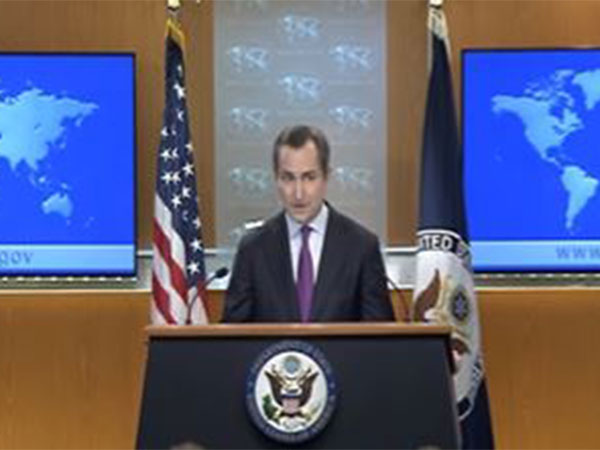US Urges Ceasefire in Gaza Amid Ongoing Tensions
The United States has renewed its call for a ceasefire between Israel and Hamas, highlighting the need for negotiations to resolve the conflict. Concerns over hostage negotiations, civilian casualties, and journalistic safety in Gaza were addressed by State Department Spokesperson Matthew Miller during a recent press briefing.

- Country:
- United States
The United States has once again called for a ceasefire between Israel and Hamas, as State Department Spokesperson Matthew Miller addressed crucial issues at the Daily Press Briefing. Miller emphasized the need for dialogue to reach a lasting solution to the ongoing conflict that has engulfed the region.
Discussing the hostage negotiations in Gaza, Miller expressed cautious optimism, noting recent progress in discussions. 'There are only a few differences that stand between the parties, but bridging them remains essential,' he said. Despite optimism, realism dictates caution due to past negotiation challenges.
The increasing casualties in Gaza, particularly among journalists, were also a focus. 'Journalists need protection, and a ceasefire is crucial,' Miller stated, acknowledging the bravery of reporters in the conflict zone. He reiterated the U.S.'s reliance on journalists to report from the ground and highlighted the need for a diplomatic solution.
Miller spoke on the devastating impact of the conflict on civilians, stressing the urgent necessity for a ceasefire agreed upon by both parties. He refrained from commenting on reports concerning Gaza's future governance post-conflict but underlined the unsustainability of the current Hamas administration.
Concerning aid access to Gaza, Miller noted improvements yet stressed the challenges that persist. A ceasefire remains critical in addressing the humanitarian crisis, underscoring the U.S.'s continued diplomatic efforts in the region.
(With inputs from agencies.)
ALSO READ
Promises and Pledges: The Uncertain Future of Gaza
Gaza's Path to Stability: U.S.-Led Efforts and the Future of Policing
Historic $7 Billion Pledge for Gaza Relief Announced
Norway Declines U.S. Peace Board Invitation Amidst Gaza Aid Efforts
Trump announces at inaugural Board of Peace meeting that 9 members agree to pledge USD 7 billion for Gaza relief package, reports AP.










